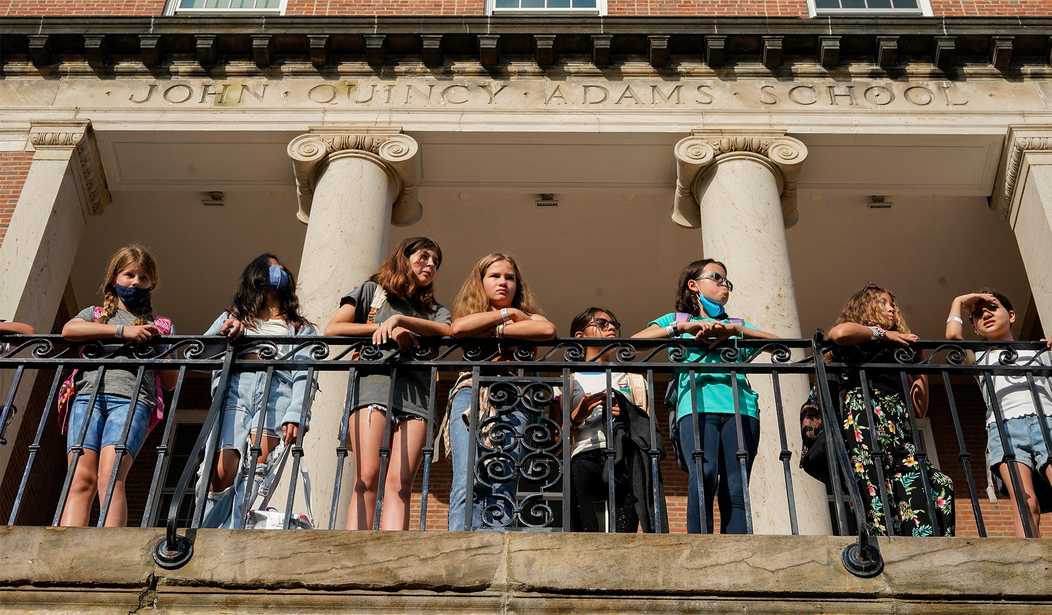More states have been adopting expanded school choice options, offering vouchers for families who wish to move their children from failing public schools to private schools. In just the past year, nine states have adopted new rules that not only provide for this choice but have reduced or eliminated caps on household income levels so that even less economically challenged families can qualify for the vouchers. This trend is creating budgetary challenges for states while raising questions over programs that were originally envisioned as a way for low-income households to help their children succeed. But it also highlights the question of how education, long viewed as primarily a publicly funded responsibility of the state, can survive if it increasingly moves into the private sector. (Associated Press)
In some states, higher-income families can now use taxpayer money to cover private school tuition — and more people than projected are taking the offer, which might force scrambles to shore up state budgets.
It’s especially an issue in states like Arizona and Iowa, where at least some families whose children were already in private school can now take advantage of public funding.
“It busts the budget because it’s taking on as a public expense what’s previously been a private cost,” said Josh Cowen, an education policy professor at Michigan State University.
In Arizona and Iowa, families who were already paying for private schools are now able to apply for state vouchers to pay for their children’s education. And many of them have been taking advantage of that opportunity, punching an even larger hole in the budget. Opponents complain that this is an example of the wealthy taking advantage of a program designed to help the needy and “turning a private cost into a public expense.”
In some ways, that’s a legitimate complaint because all states are wrestling with their budgets these days to some degree. But the complaints are also somewhat disingenuous for a few reasons. It’s easy enough to create a caricature of private school students as privileged little brats being dropped off for class in a limousine. But a lot of them come from families who are already struggling financially but feel forced to make that sacrifice because the available public schools are just so outrageously bad. The vouchers are no doubt a great relief to them as well.
For many families, private schools are not just the preferred option in terms of giving their kids all of the fundamentals of reading, writing, history, and science, though those are important of course. They’re also environments where some proper level of control can be enforced in terms of children being exposed to pornography or the radical leftist indoctrination that has permeated the public schools and teacher’s unions of late. And it’s hard to put a price on something like that.
When it comes to maximum income caps, I believe it really comes down to the underlying question of whether education should properly have been a public service provided at the expense of the taxpayers or not. While it sounds like (and in reality is) a rather socialist concept, without it we would have had generations of young people unprepared for careers outside of agriculture or simple manual labor. And making a complete shift in that direction at this point would likely create an economic catastrophe.
With that in mind, I believe that maximum income caps are appropriate, if only to stop state budgets from further crashing and burning. Where those caps should be set depends heavily on local cost-of-living and average family income rates. Larger states might want to consider regional offsets, with higher-value vouchers being available in different areas based on data including real estate costs, typical rental rates, and similar factors. This is a challenge that we should be able to address, but it has to be approached in an intelligent and well-reasoned fashion.









Join the conversation as a VIP Member